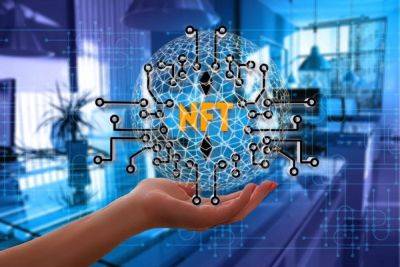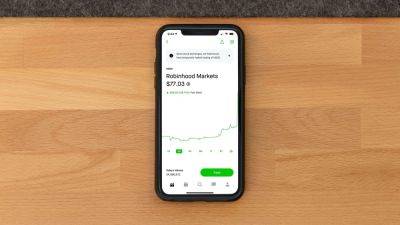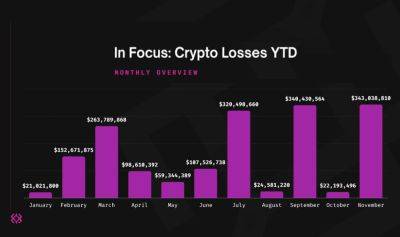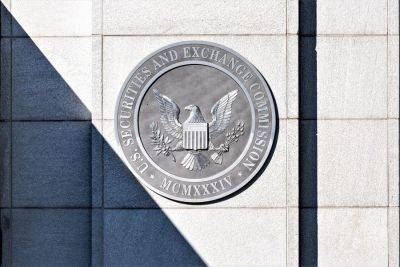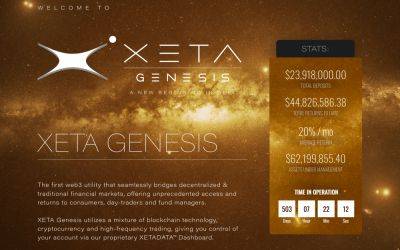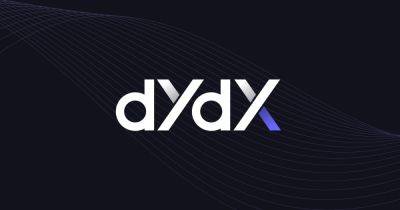9 tips for a food business considering blockchain for its supply chain
Supply chain management has become a complicated issue for many industries in recent years — none more so than food and agriculture. When you’re in the business of ensuring essential, but perishable, goods get to where they’re supposed to go in a reliable and timely fashion — and are of the quality consumers deserve and expect — an accurate, real-time tracking system is invaluable.
That’s why some food and agricultural businesses are looking into using blockchain technology. With its clear transparency and traceability advantages, verifying the origin, handling and quality of food products is easier for all parties. A business that publicizes its use of blockchain technology for supply chain management can also earn the trust of consumers who are focused on issues like food safety and sustainability.
However, leveraging blockchain tech is not as simple as purchasing a software suite. To achieve the full benefits and see ROI, food and agricultural businesses would be wise to first learn best practices and smart strategies for getting started. Below, nine members of Cointelegraph Innovation Circle share their tips for food and agricultural businesses that are starting to explore blockchain technology for supply chain management.
Blockchain can enhance traceability, transparency and efficiency, but it’s vital to understand the specific pain points you’re addressing. Tailor the solution to your unique supply chain needs, ensuring both scalability and real-world applicability. – Maksym Illiashenko, My NFT Wars: Riftwardens
Incorporating the “seamless principle” and “keep it simple, stupid” approaches is an excellent way to implement blockchain solutions in the food and agricultural industry. This combined approach emphasizes not
Read more on cointelegraph.com

